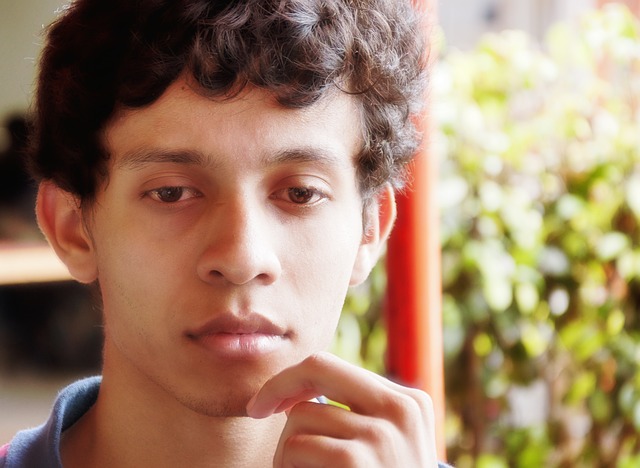The World Health Organization (WHO) describes burn-out as a syndrome that is conceptualized as a result from chronic workplace stress that has not been successfully managed (Image source: Pixabay)
To all young working adults: when was the last time do you feel completely relaxed?
These days, young working adults are faced with increasing work demands, thus making themselves vulnerable to burnout.
According to a survey done on 2,000 working adults, the average worker is most likely to experience a career burnout by the early age of 32.
The COVID-19 pandemic has made it worse for young professionals as they have to adjust rapidly to remote work.
And unfortunately for some, they end up working even more than the usual hours.

A public statement by the World Health Organization (WHO) stated that burnout is not a medical condition in and of itself — but rather an “occupational phenomenon” affecting health, where the symptoms of burnout result “from chronic workplace stress that has not been successfully managed.”
Typically, the feeling of burnout is accompanied by the feeling of doubt about our capabilities and our sense of self-worth, leaving us unable to function successfully on either a personal or professional level.
It is important to recognise the warning signs of a burnout so that you can take steps to support your health and well-being.
WHO describes the symptoms of a burnout as having the following:
- feelings of energy depletion or exhaustion – may include physical symptoms such as headaches, stomach aches, and appetite or sleeping changes
- increased mental distance from one’s job, or feelings of negativism or cynicism related to one’s job – experiencing low mood and anxiety as well as the ability to concentrate in one’s work
- reduced professional efficacy – easily lose composure when engaging with friends, co-workers, and even family members

In 1981, Christina Maslach, a professor of psychology at the University of California, Berkeley, developed the Maslach Burnout Inventory (MBI), to define and measure the condition.
The MBI evaluates burnout based on the symptoms described by WHO; a burnout profile requires a negative score in all three areas.
Burnout may be caused by several factors and for young working adults it is caused by pressure for them to succeed.
This may come internally or externally like family expectations, seeing friends climbing the career ladder, or media headlines highlighting how people at certain age should achieve certain level of success or earn certain amount of salary.
This may be particularly hard on those who have just started their career and are still finding their way in.

Generally, they might also feel pressured to be earning the same as their peers, and contend with big life issues such as buying a property or starting a family.
One of the largest problems when it comes to burnout is that many people feel ashamed for needing help, often because their work environments don’t support slowing down.
In Sarawak, there are various platforms where youths can go to for emotional supports.
Among them includes Befrienders Kuching, a part of the Befrienders Malaysia network, a not-for-profit organisation providing emotional support for free.
If left untreated, burnout can cause depression, anxiety and distraction which will not only impact your professional life but your personal life as well.
Read more: Mental health in a time of a crisis
Read more: Stressing on emotional stress
Read more: Keeping stress under control



